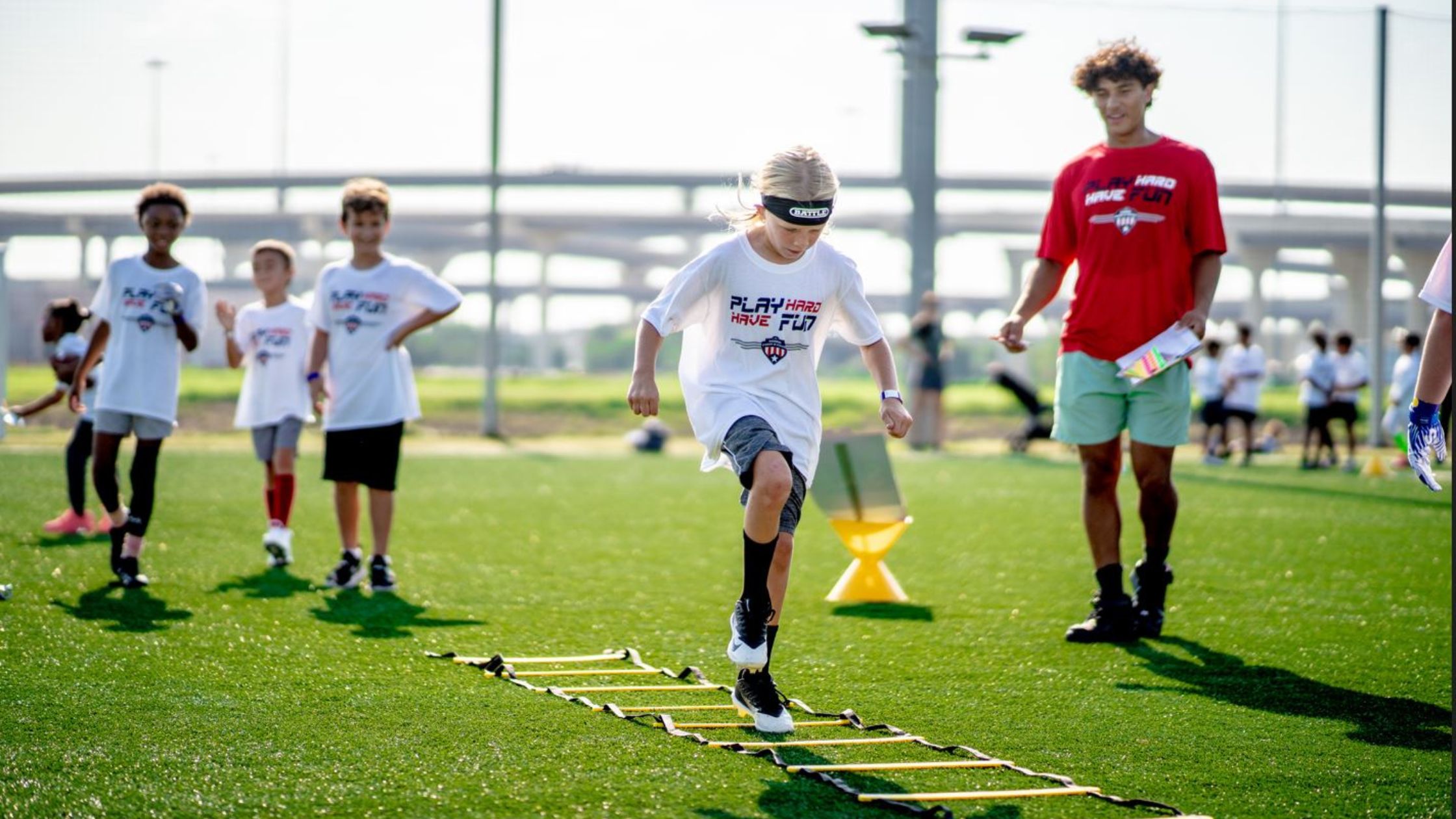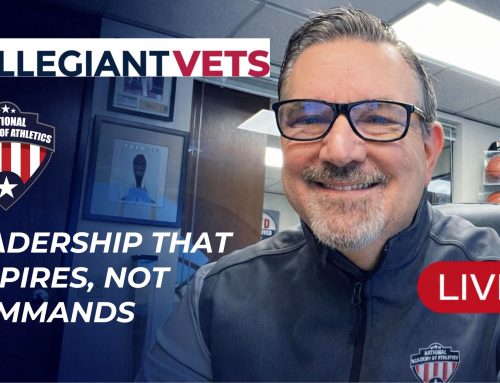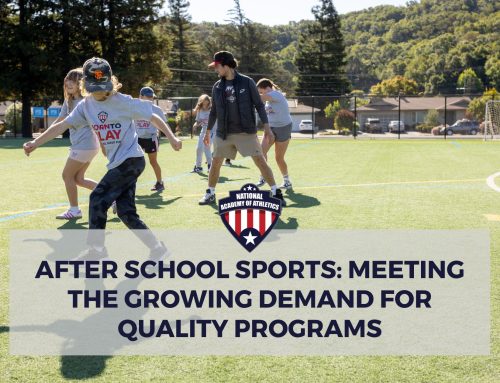Changing the Child Labor Laws: Bringing Back the Joy of the Game Back to Youth Sports
By: Aaron Locks, NAofA Founder and CEO
For decades, youth sports have been a cornerstone of childhood—an outlet for energy, a tool for personal growth, and a place where lifelong friendships are formed. However, somewhere along the way, we lost the essence of what made playing sports so special. Instead of fostering a love for the game, many young athletes today feel trapped in a system that treats their participation as a job rather than a joy. The time has come to rethink our approach and change the “child labor laws” of youth sports—not in the traditional sense, but in how we push children into a high-stakes, pressure-filled environment that robs them of the very thing sports were meant to provide: fun.
As a father of two grown adults—a son, Mason, and a daughter, Mia—who played multiple sports through high school, I have seen firsthand both the incredible benefits and the growing pressures within youth sports. Throughout my career, I have dedicated myself to coaching, mentoring, and writing about the importance of youth sports in child development. My books on coaching, including my insights on the evolution of youth sports, emphasize that we must shift our focus back to what truly matters: the joy of the game.
The Evolution of Youth Sports: From Play to Profession
When we were kids, sports were about play. We gathered in backyards, in the streets, and at the local park, playing whatever game fit the moment. Baseball, football, soccer—it didn’t matter what sport it was; we just played. There were no contracts, no rankings, no scouts on the sidelines evaluating our every move. We competed because we loved it, and in that competition, we learned how to win and lose, how to push ourselves, and how to work as a team.
Fast forward to today, and the landscape of youth sports has changed dramatically. Specialization is the norm rather than the exception. Kids as young as six or seven are being pushed to pick one sport and train relentlessly, often at the expense of their overall development and enjoyment. Club teams, travel leagues, and year-round training programs have created a culture where youth athletes are expected to commit to their sport like a full-time job, all in the hopes of earning a college scholarship or making it to the pros.
The Pressure to Perform: Turning Play into Work
Too often, parents and coaches believe they are acting in a child’s best interest by instilling a “work harder” mentality at an early age. While there is value in discipline and effort, the problem arises when children are pushed too hard, too soon. Some eight-year-olds are training like professional athletes, burdened with the expectation that their dedication will pay off with a scholarship or a professional career.
But at what cost? Burnout, injuries, and mental fatigue are becoming all too common in youth sports. Many kids quit before they even reach high school—not because they don’t love the game, but because the pressure has drained them of their passion. The fun has been replaced by obligation, and the joy of the game has been overshadowed by the grind of endless practices, tournaments, and rankings.
Reframing Success in Youth Sports
We, as adults—coaches, parents, and mentors—are responsible for shaping the experiences our kids have in sports. If we continue to treat youth athletics as a job rather than a passion, we risk losing the very thing that makes sports special. Instead of focusing on the destination (scholarships, championships, professional contracts), we must prioritize the journey.
What Needs to Change?
- Encourage Multi-Sport Participation: Specialization at a young age is not only unnecessary but can be detrimental. Kids should be allowed to explore different sports and develop a diverse set of skills that will benefit them in the long run.
- Focus on Development Over Results: Winning is great, but personal growth is more important. Sports should be about learning, improving, and developing character rather than just trophies and accolades.
- Create a Supportive Environment: Coaches and parents need to provide encouragement rather than pressure. A child should never feel like they are letting someone down if they don’t perform at an elite level.
- Redefine Success: Instead of measuring success by scholarships or professional opportunities, let’s measure it by the number of kids who continue playing sports into adulthood, maintaining a lifelong love for the game.
- Prioritize Fun: If it’s not fun, kids won’t stay. Sports should be an enjoyable experience that keeps them engaged, healthy, and happy.
The Long-Term Impact
If we make these changes, we won’t just be saving youth sports; we’ll be setting kids up for a lifetime of success. A child who grows up loving sports, rather than resenting them, will carry that passion into adulthood, staying active and reaping the physical and mental benefits of a lifelong athletic lifestyle.
More importantly, these kids will learn the true value of sports: teamwork, resilience, leadership, and self-improvement. They’ll understand that failure is not the end but a stepping stone to success. And they’ll be healthier, both physically and mentally, because they were allowed to enjoy the journey rather than being forced into an outcome.
Conclusion: Bringing Back the Joy
Youth sports should not be a job. There should be a place where kids can learn, grow, and, most importantly, have fun. It is up to us—the adults in charge—to make sure that happens. Let’s stop pushing children into professional-level commitments before they are ready and instead create an environment where they can fall in love with the game. If we change the “child labor laws” of youth sports now, we can ensure that future generations experience sports the way they were meant to be played—with joy, passion, and a lifelong appreciation for the game.




